This paper maps existing efforts to establish responsible sourcing strategies for cobalt from the Democratic Republic of the Congo (DRC). It highlights the need to address the systemic human rights risks of artisanal mining practices that are a business reality in the DRC. It assesses the prospects of formalizing artisanal mining practices.
Less than One Percent: Low-Cost Responsible Recruitment in Qatar's Construction Sector
This research brief analyzes the cost of recruiting migrant laborers from South Asia to work on construction projects in Qatar. Using data from one large construction company, the Center's team shows that recruitment costs are far less than generally assumed by the industry, reinforcing that recruitment expenses ought to be paid by companies rather than by workers.
Good Business: The Economic Case for Protecting Human Rights
Business and Human Rights Scholarship: Expanding an Interdisciplinary and International Field
On September 14-15, 2018, the NYU Stern Center for Business and Human Rights hosted the fourth annual Business and Human Rights Scholars conference, co-organized with the Global Business and Human Right Scholars’ Association. The meeting brought together more than 40 academics from all over the world.
Research Brief: GULF CONSTRUCTION TRACKER: 2017 TRENDS IN CONTRACT AWARDS
Research Brief: NO RIGHTS WITHOUT REMEDIES — AN ASSESSMENT OF CORPORATE REMEDY CHANNELS
Research Brief: ESTIMATING THE TRUE COST OF REMEDIATING THE READY MADE GARMENT INDUSTRY IN BANGLADESH
Research Brief: BANGLADESH FACTORY SAFETY - FOUR YEARS AFTER RANA PLAZA
Research Brief: FOREIGN FUNDING COMMITMENTS FOR BANGLADESH'S GARMENT SECTOR
Research Brief: COMPARING RESOURCES OF HUMAN RIGHTS MULTI-STAKEHOLDER INITIATIVES
Multi-stakeholder Initiatives (MSIs) have become the default response to governance gaps in different industry settings, ranging from private security providers to apparel to information and communication technology. To effectively close these gaps, MSIs require resources and capacity to implement the agreements and procedures that their members negotiate.
Filling the governance gap: multi-stakeholder standard-setting -- The Board of Directors
Multi-stakeholder Initiatives (MSIs) have emerged to address governance gaps that result from transnational companies' (TNCs) operations in states that cannot, or will not, fulfill their obligations to protect the rights of their own citizens. MSI boards are tasked with working together to reach the goals of the MSI.


















